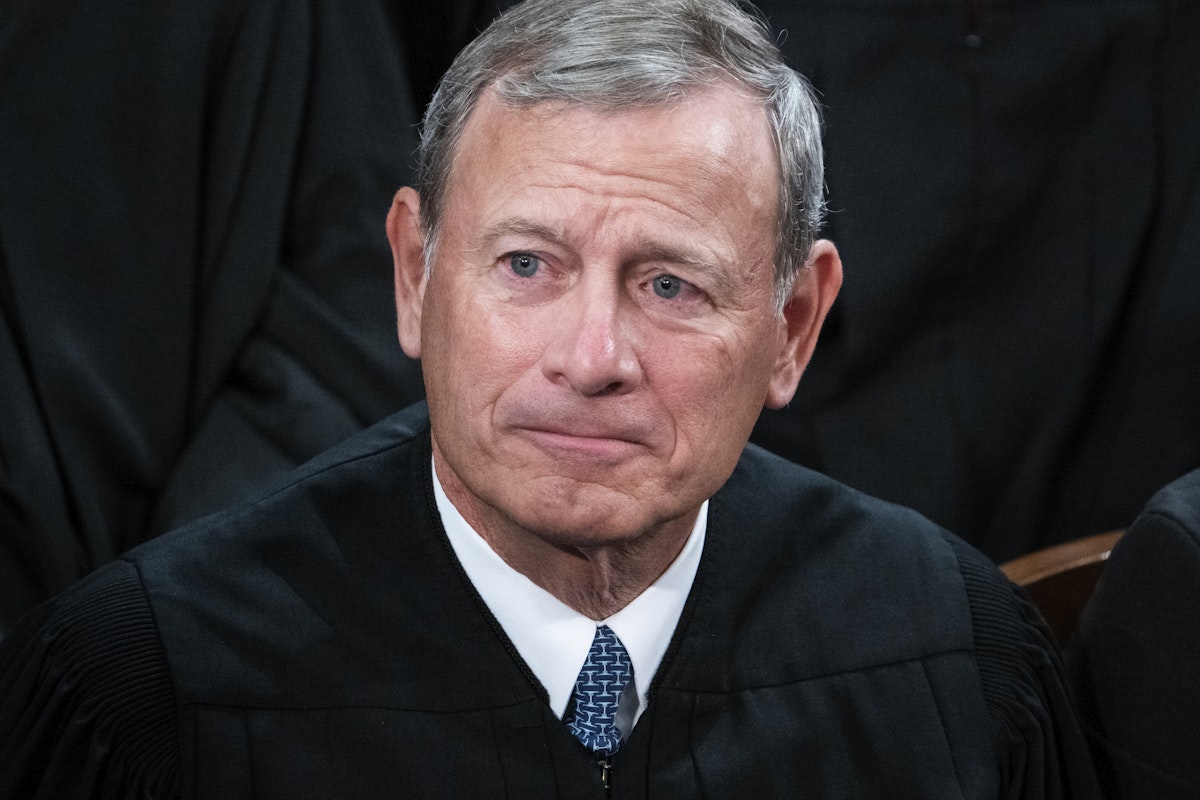Trump’s back and the world must do better this time
Having won a decisive victory, Donald Trump is very unlikely to change tack when it comes to complex geopolitical issues. World leaders should show some humility and instead of criticising his views, try to find their own opportunities within them, says Michael Martins One of my strongest memories from my nearly six years working at [...]


Having won a decisive victory, Donald Trump is very unlikely to change tack when it comes to complex geopolitical issues. World leaders should show some humility and instead of criticising his views, try to find their own opportunities within them, says Michael Martins
One of my strongest memories from my nearly six years working at the US embassy in London was meeting President Trump. I was surprised at how charismatic he was and how laser focused he and his team were on his primary goal: advancing his America First foreign policy doctrine.
I remembered hearing from colleagues in the British government and other European capitals that “he couldn’t possibly be serious” or that “he didn’t understand the detail,” and my thought was, having worked in American politics before moving to the UK, that he was deadly serious and understood the detail perfectly. He was just saying things that they didn’t especially like, or want to hear.
Now that Trump is returning to the White House, he is set to have a profound impact on US, UK, and global politics again. His first term profoundly changed how governments and businesses think about fundamental issues, such as their relationship with the world’s superpower, how their supply chains operate and what it means to be a NATO member.
I believed then, as I do now, that Trump’s first term was a net positive for many of his allies, the UK included. Take governments’ NATO commitments. For decades, most NATO members got by without pulling their weight, relying on American taxpayers and military heft to see them through any potential conflict. Trump knows a free rider when he sees one, though, and because of that, 23 of 32 NATO members now pay their two per cent NATO commitments. How we’ve come to celebrate something that should be the bare minimum, especially with war on the European continent and conflict in the Middle East, is beyond me, but the only reason we’re able to applaud this change is because Trump pressured heel-draggers to pay up.
Trump knows a free rider when he sees one and he persuaded NATO heel-draggers to pay up
It is Trump’s unique ability to cut through complex political and geopolitical fudges and offer unpredictable solutions that will cause the most problems for many world leaders. Although most of his political counterparts and even some of his own staff struggled to navigate his solutions, myself included, the real problem often lay in leaders’ ability to sell their support for Trumpist policies to their domestic voters. A prime example is former German Chancellor, Angela Merkel, who understood Trump’s concerns about NATO contributions, but often took an anti-Trump stance because it played well with her voters.
World leaders should change tack
World leaders and diplomats should change tack now, because Trump is very unlikely to change his own views or approach. If anything, he will double down. His tactics have just won him the White House and the Republican Party a majority in the Senate and potentially the House of Representatives. Hopefully world leaders will show more humility this time, and focus less on criticising his views and more on how they can find their own opportunities within them. The Canadian Conservative Party leader and likely next PM there, Pierre Poilievre, has already carved out a niche on this front. He has made Canadian PM Justin Trudeau’s poor relationship management with Trump and the billions it has cost the Canadian economy through bad trade deals and foregone investment opportunities a key part of his election campaign.
Which, of course, brings us to the new Labour government. Keir Starmer and his team disagree about some of Trump’s most longstanding and strongly held views, such as ending the war in Ukraine and supporting the Israeli government. Starmer and Defence Secretary Healey have done a good job so far of expanding UK support for Ukraine, but Starmer has also been more pro-Palestine than his predecessors. One of his first official phone calls from No 10 was to Palestinian National Authority President Mahmoud Abbas, for example. He and the Foreign Secretary, David Lammy, have also been vocal in their calls for an immediate ceasefire, often echoing the words of President Biden. Trump is very unlikely to continue the foreign policy agenda of his predecessor, so this will become a key area of strain in the special relationship.
Some of Starmer’s other foreign policy priorities will also likely come under immediate pressure and scrutiny. For example, if Trump begins to pressure Ukraine to “take a deal,” or the EU to economically decouple from China in exchange for keeping US forces on the continent, or gives Netanyahu the green light to “do what he wants” in the Middle East with US military backing, Starmer will have to figure out whether to publicly support Trump, the UK’s most important ally, break ranks with his EU allies, or test the loyalty of his Cabinet, some of whom have publicly said they despise Trump.
In my conversations with Labour politicians pre- and post-UK and US elections, my sense was they haven’t yet figured out how to thread this needle, but the race is now on to build a workable relationship with the 47th President of the United States.
Michael Martins is the founding partner of Overton Advisory and a former political and economic specialist at US Embassy London


